Today is a great day. Why? Because it’s been eight long years, but Kingdoms of Amalur has finally been resurrected with the help of THQ Nordic, and of course, the Well of Souls. Those who played Kingdoms of Amalur know that this remaster is well-deserved.
The news just became official, so here are a few reasons why you should care about a lesser-known western-RPG that came out back in 2012.
The Fantastic Combat
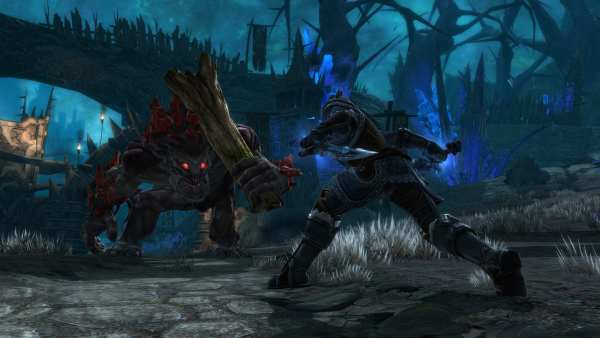
Anyone who has ever enjoyed playing Kingdoms of Amalur will talk endlessly about how good the combat is whenever the game is brought up in conversation. There are no exceptions (probably).
The game boasts a combat system that feels like a more “arcadey” version of what you’d find in Dragon’s Dogma. I mean that in the best way possible. It’s fluid, fast-paced, and combo-focused. And most important of all, it remains entertaining throughout the entire game.
Part of the reason that it never gets dull is that it constantly evolves and changes based on your class and skills, which also evolve regularly. In Kingdoms of Amalur, your weapons and class can be changed at almost any time if you ever want to switch things up, similar to Dragon’s Dogma.
The Evolving Class System
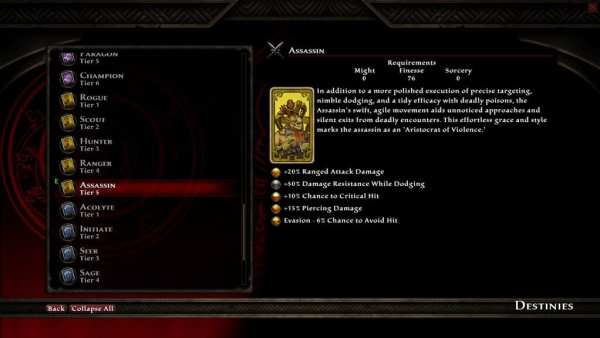
The class system in Kingdoms of Amalur is built upon three base skill trees: Might (Warrior), Finesse (Rogue), and Sorcery (Mage). By putting points into these trees, you’ll then unlock a ton of “Destinies”, which are custom skill tree combinations.
Destinies basically provide bonuses and new skills by mashing together the three base trees in different ways. Want to play as a tanky mage that shrugs off damage while casting spells? Put points into Might and Sorcery, and you’ll get the Battlemage Destiny so that you gain mana by taking damage.
Kingdoms of Amalur never permanently locks you to a set of weapons, classes, or abilities either. You can change your Destiny on the fly to experiment. Your play style can change however and whenever you want, and as an RPG-lover, that’s just beautiful.
The Extensive Non-Combat Skills
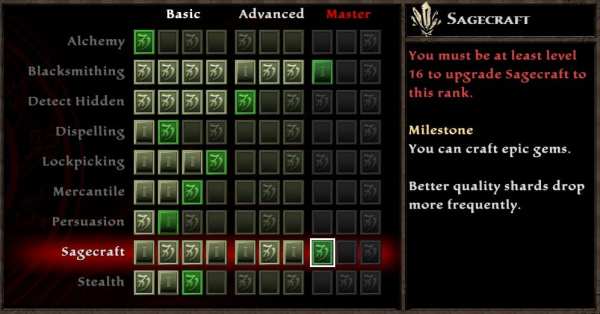
Oh, you thought combat abilities were all the customization this game had to offer? No, no, no my friend. The non-combat skills arguably provide even more RPG-style freedom than the Destiny mechanic.
It’s tough to gain enough points to completely fill out the skill board above, so what you choose to unlock really matters. Want to become a master of unlocking, or a charismatic conversationalist? Lockpicking and Persuasion would be your best bets.
Having to choose which skills to focus on and which ones to leave untouched actually helps each player’s character feel more unique. That is, unless you all choose the same race and Destinies, and equip the same items to get skill point bonuses…
The Surprisingly Great Stealth
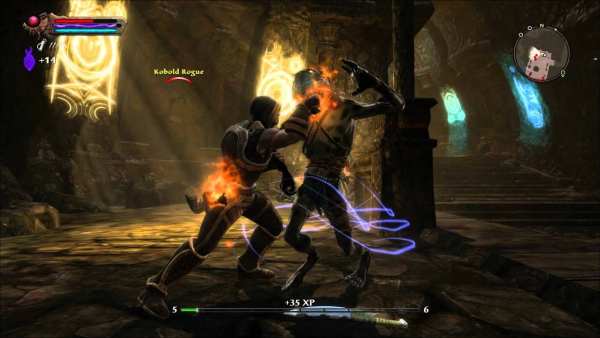
A lot of players love the combat, but the stealth in Kingdoms of Amalur is an underrated feature in an underrated game. Every NPC and enemy has an awareness meter that you can see once you enter stealth. Stay out of their lines of sight, and you’re practically invisible depending on your actions.
If you have a pair of daggers, you can pretty much dispatch enemies in total silence, especially with enough points in Finesse and Stealth. There are even custom stealth kill animations for almost every enemy type.
If you don’t want to be seen while venturing out into the world of Kingdoms of Amalur, you don’t have to be. There really are so many ways to play, and stealth just so happens to be one of the unexpectedly cooler ones.
The In-Depth Crafting
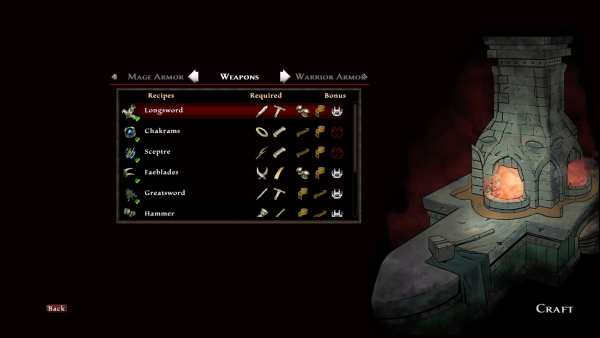
Another gameplay feature that isn’t talked about as much as the combat is the crafting. Kingdoms of Amalur contains relatively in-depth crafting that’s tied to the game’s various non-combat skills. The crafting is split into Alchemy, Blacksmithing, and Sagecrafting.
Alchemy is used to make potions, Blacksmithing for weapons and armor, and Sagecrafting for gems used to enhance equipment. All three can add even more personal touches to your play style.
For example, having enough points in Blacksmithing and Sagecrafting allows you to use gems to create elemental weapons and armor.
A Battlemage with lightning spells becomes a Battlemage with lightning spells, a lightning sword, and lightning resistance. The combinations available add even more layers to the combat.
The Immersive World
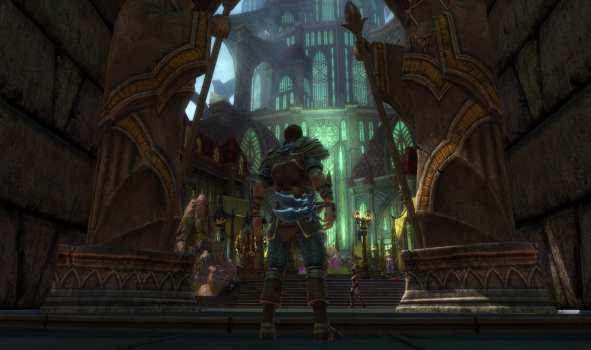
The world of Kingdoms of Amalur is full of its own interesting terminology, races, joinable factions, and unique areas. Some of the characters can leave a bit to be desired, it’s true, but the world pulls you in right from the start, and it’s easy to stay immersed as you travel from one place to the next.
There’s a lot of talk in the game’s lore about fate, destiny, and feuding clans. Fate is extremely important to the world’s inhabitants, so as the “Fateless One” who defied death, you’re clearly an anomaly of sorts. It also explains the whole switching Destinies on the fly thing.
It really feels like a weirdly loveable cross between Fable and World of Warcraft in the gameplay, visuals, and setting.
If you’re drawn to any of the aspects of the game listed above, then you should definitely be on the lookout for the Kingdoms of Amalur remaster coming this fall.
